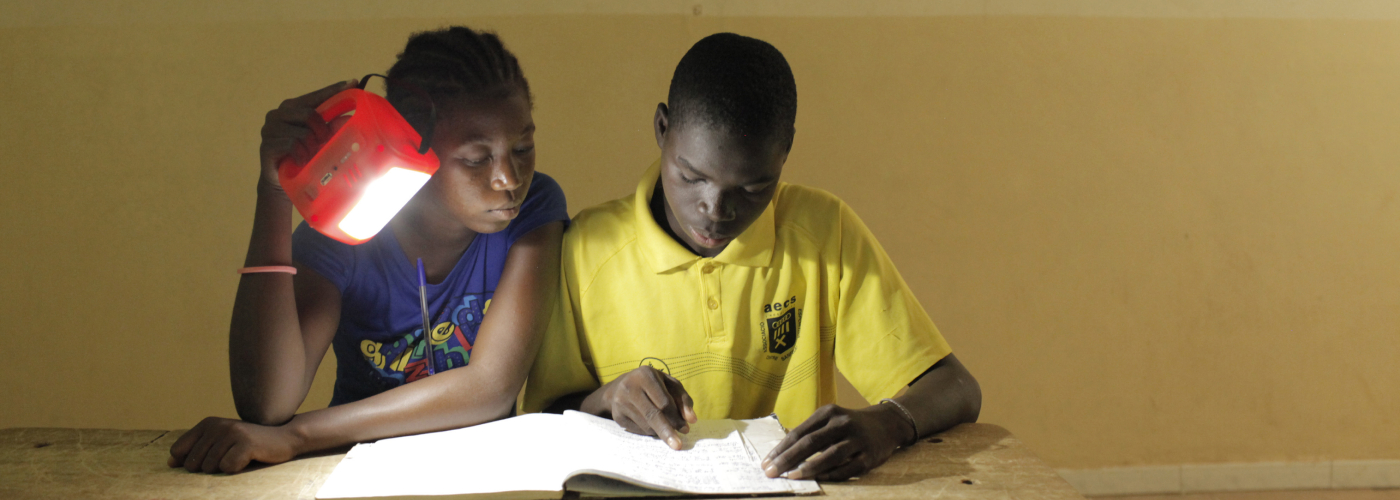The global drive to provide universal access to sustainable and modern energy by 2030 is creating numerous opportunities for energy users and suppliers. However, men and women do not benefit equally from these opportunities. Women’s contribution to energy planning, supply, and policymaking is limited, as the energy sector is heavily dominated by men. Therefore, universal energy access cannot be achieved without women being able to use the modern energy services they need. Despite these stark gender differences in the energy sector, there has been a lack of evidence to inform more equitable policymaking. This issue of the IDS Bulletin aims to fill some of these evidence gaps through five original papers, produced as part of ENERGIA’s Gender and Energy Research Programme. Carrying out research in 12 countries in Africa and Asia, the programme delivered nine studies on gender and energy under the following thematic areas: electrification, productive use of energy, energy sector policy dynamics, energy subsidy reform, the role of the private sector in scaling up energy access, gender mainstreaming approaches, and global trends in gender and energy.
The IDS Bulletin issue starts with an article that identifies global trends that could help catalyse the closing of energy access gaps around the world and shows how these trends relate to gender inequality. Three further articles go on to discuss gender and entrepreneurship, reinforcing the argument that women’s engagement in the energy sector can improve access and distribution of energy for those most underserved. The final article highlights wider findings and policy implications from the nine research projects of ENERGIA’s Gender and Energy Research Programme.







